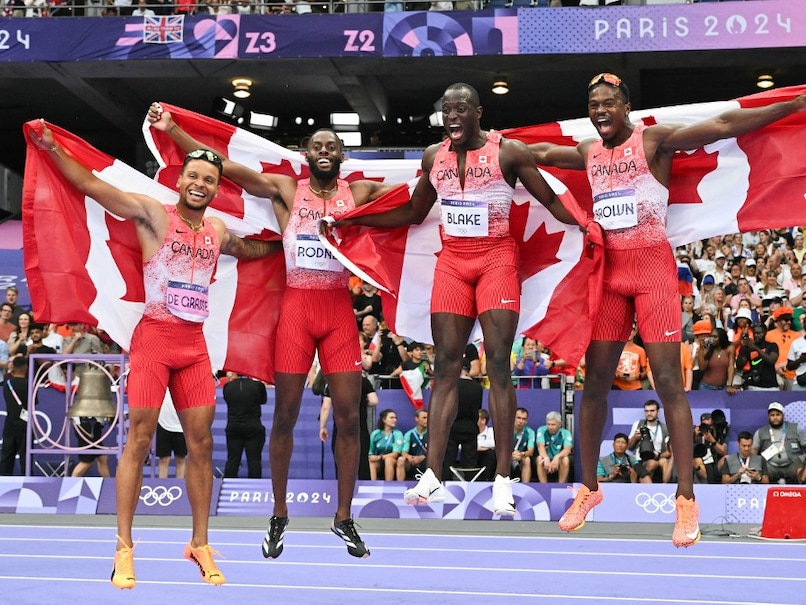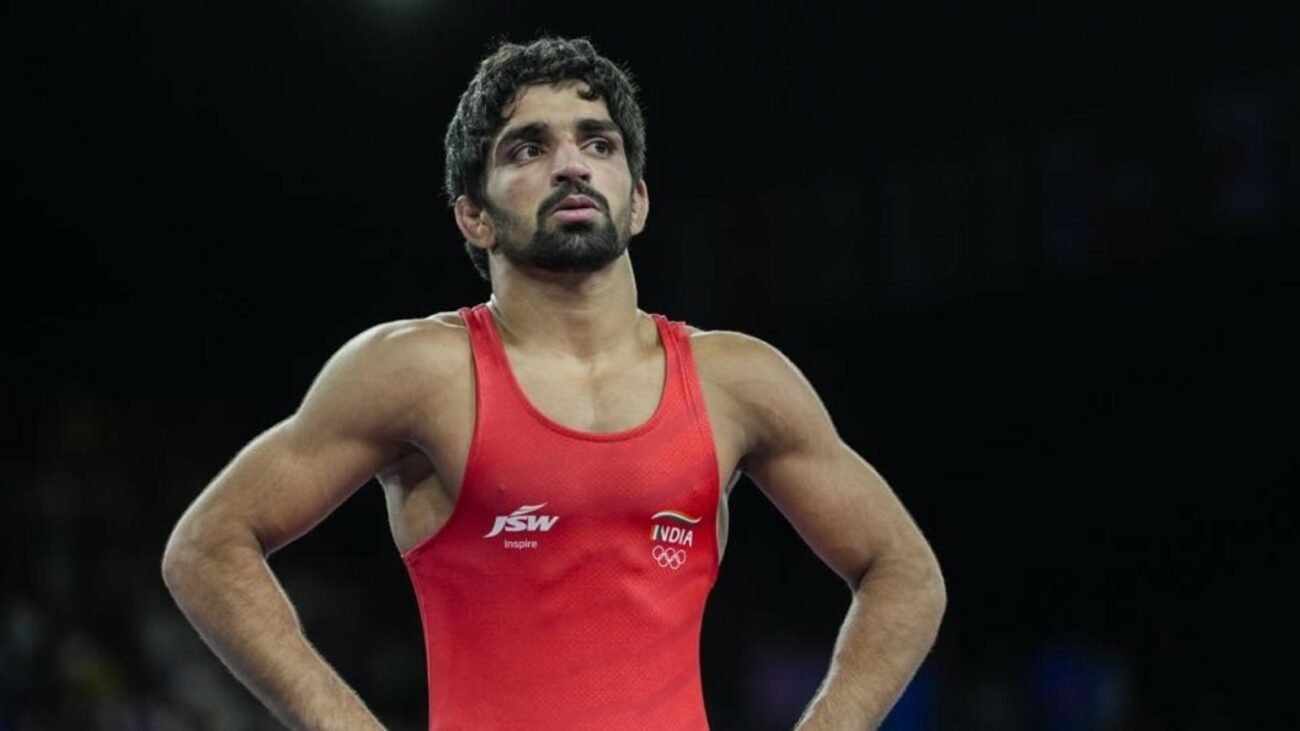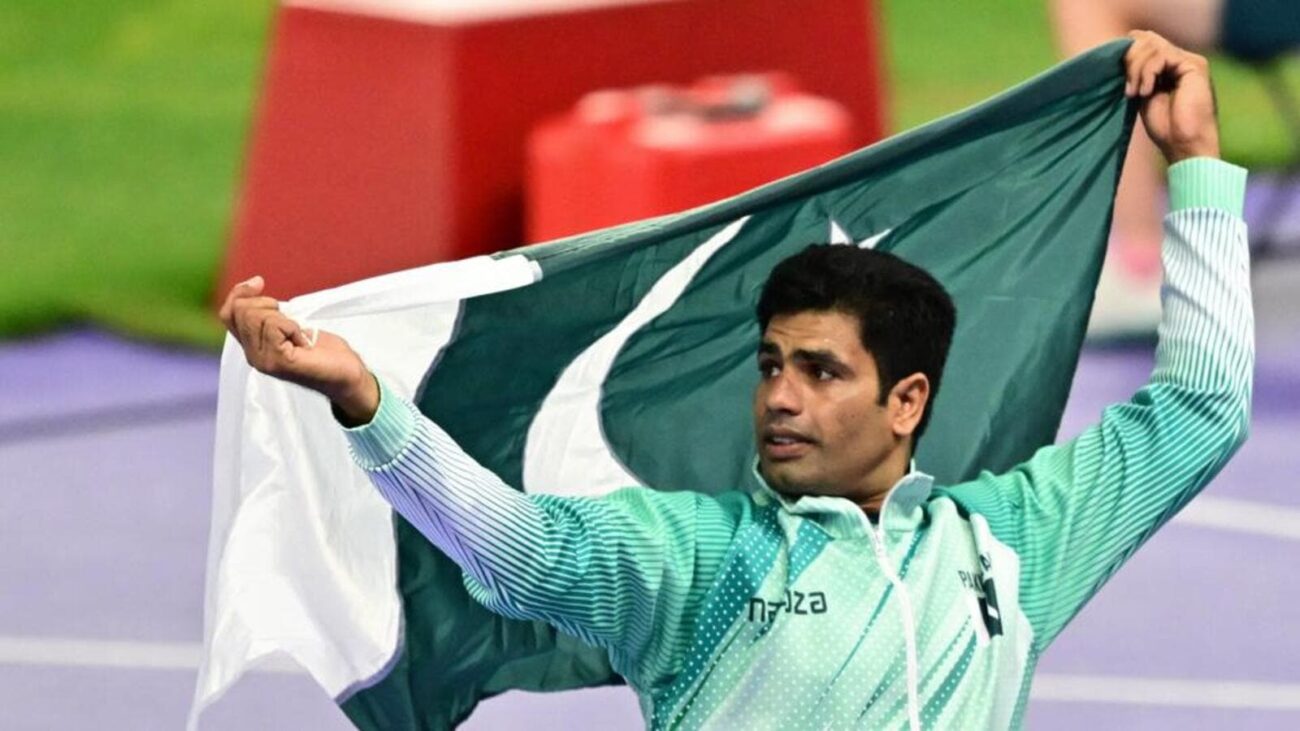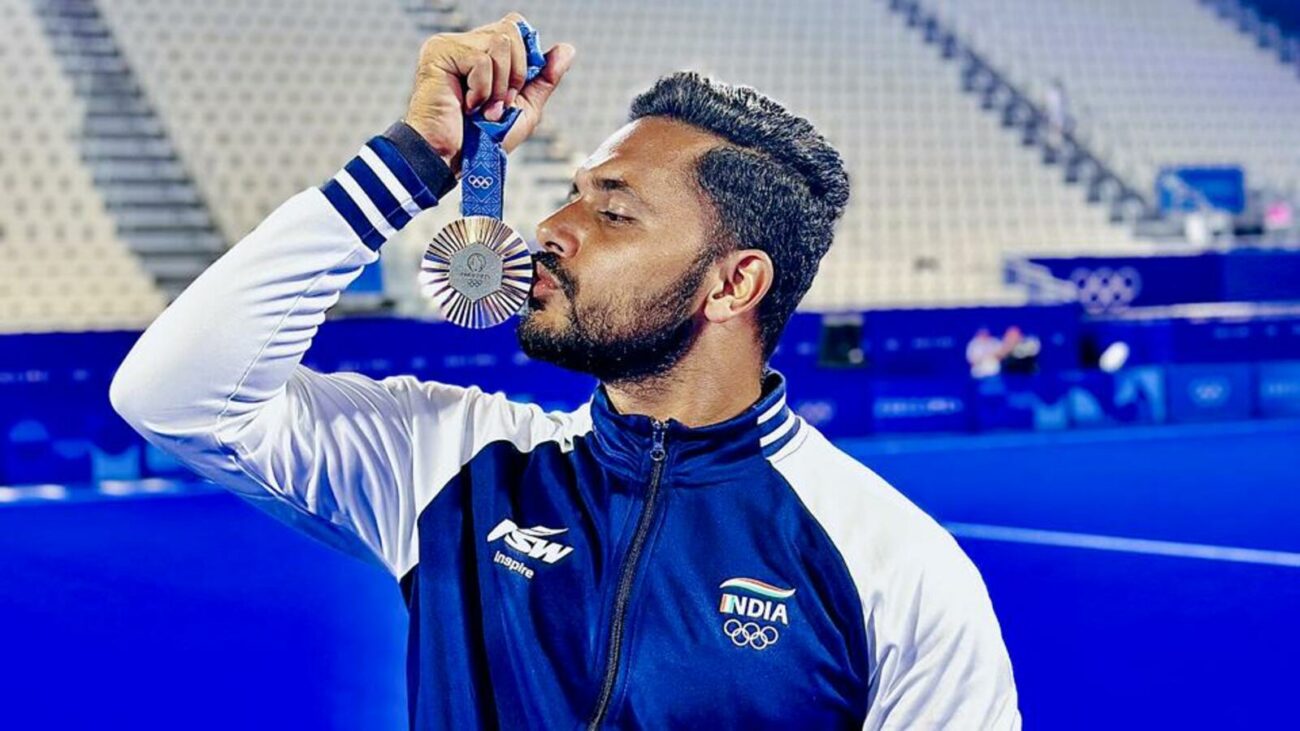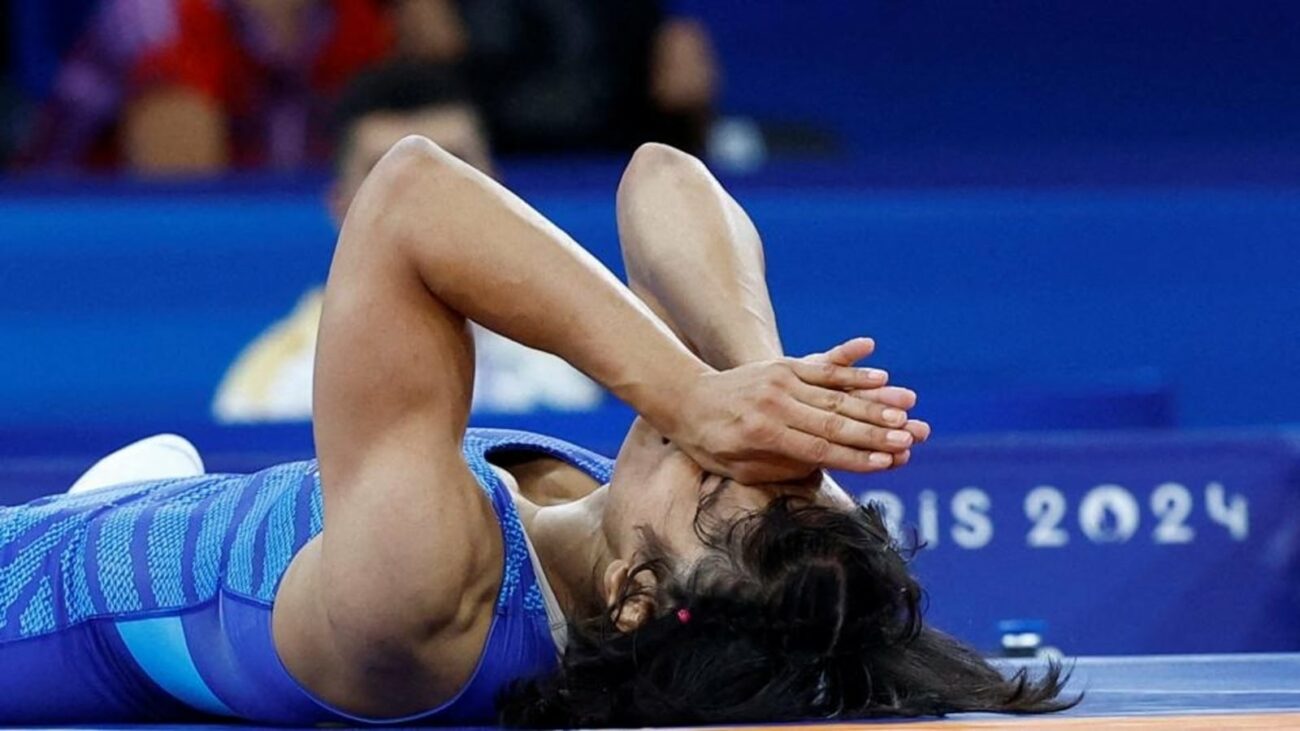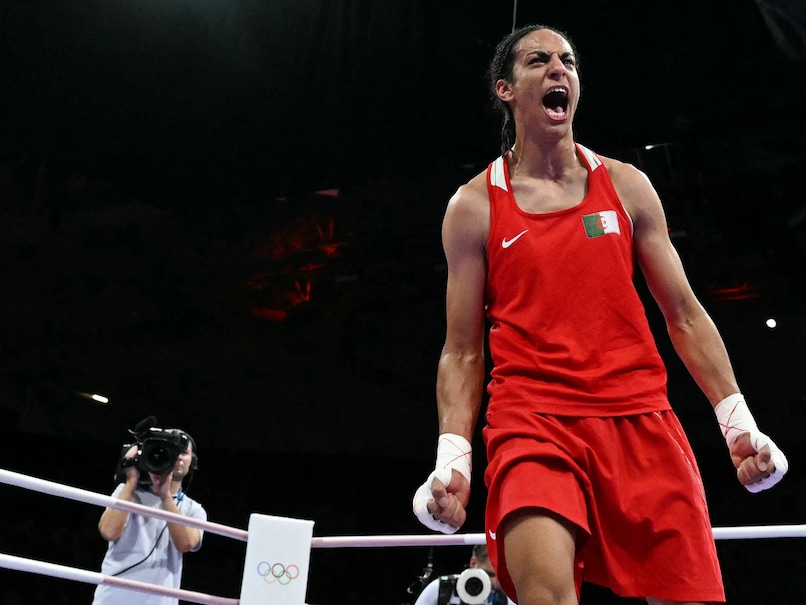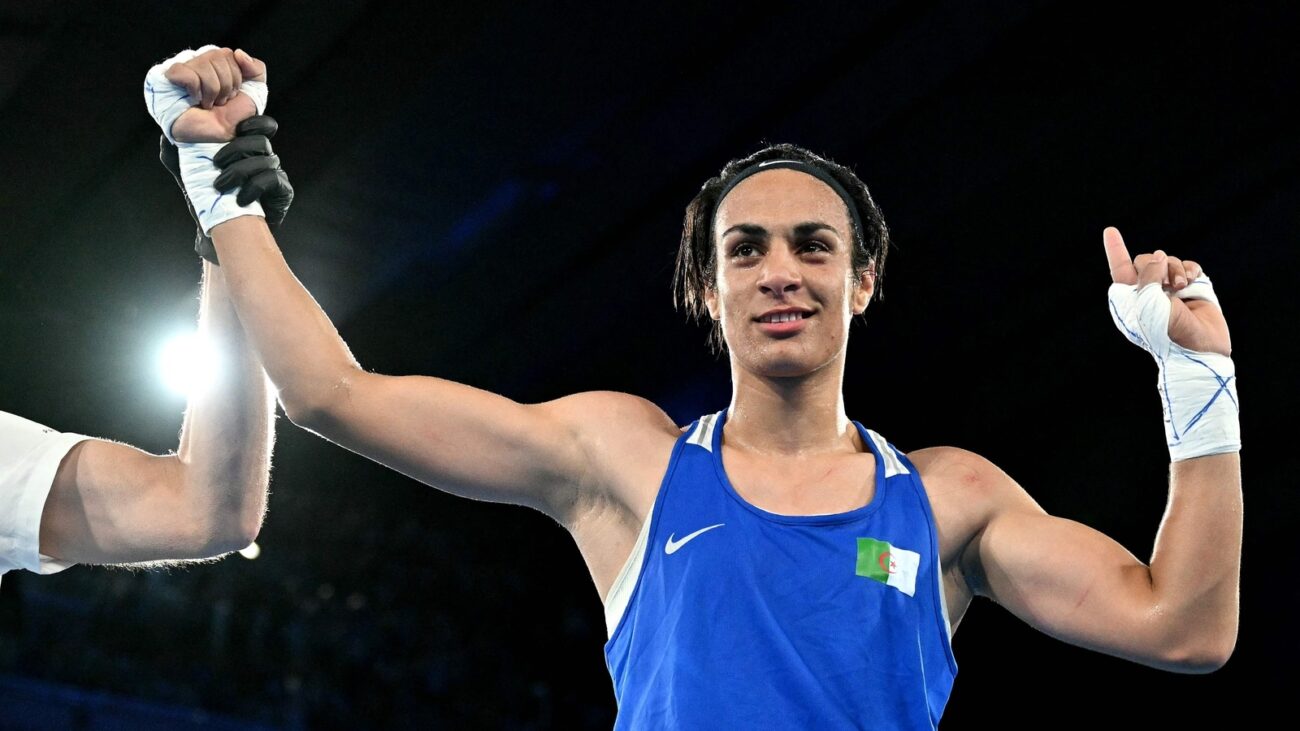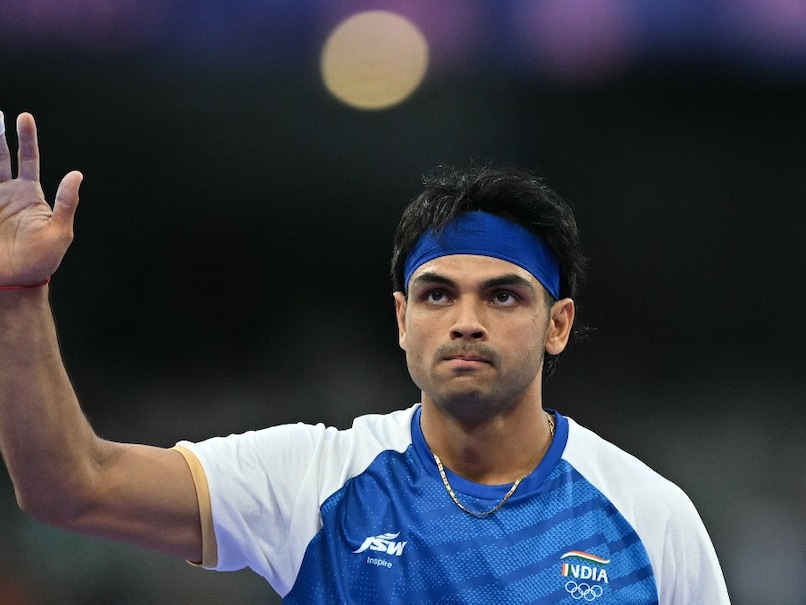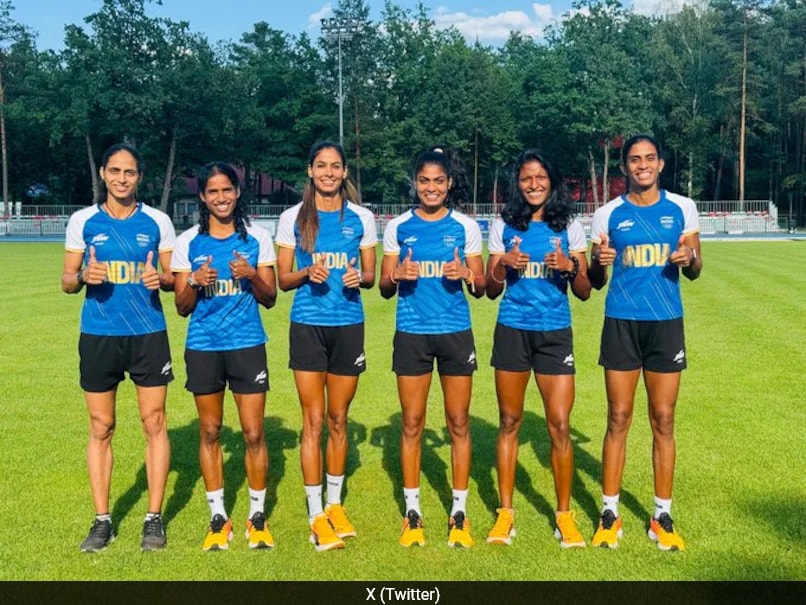Canada Triumphs in Olympic Men’s 4x100m Relay, US Disqualified
Andre de Grasse led Canada to a thrilling victory in the Olympic men’s 4x100m relay in Paris on Friday, marking a historic moment for the nation. The Canadian quartet, comprising Aaron Brown, Jerome Blake, and Brendon Rodney, displayed exceptional teamwork and speed to secure the gold medal with a time of 37.50 seconds.
South Africa claimed the silver medal with an African record time of 37.57 seconds, while Great Britain took the bronze in 37.61 seconds. Defending champions Italy, featuring 2021 100m champion Marcell Jacobs, finished fourth in 37.68 seconds.
The United States, who were considered favorites, suffered a disappointing disqualification after a botched baton handover between Christian Coleman and Kenny Bednarek. The incident occurred during the first exchange, causing Bednarek to come to an almost complete standstill. Despite the efforts of Kyree King and Fred Kerley, the US quartet was unable to recover and finished seventh in 37.89 seconds.
This disqualification continues the United States’ dismal Olympic run in the men’s 4x100m relay. The last time the US men medalled was with a silver at the 2004 Athens Games. In recent years, the team has faced setbacks, including a botched handoff in the heats of the 2021 Tokyo Games, a disqualification at the 2016 Rio Games, and a failure to medal in London in 2012 and Beijing in 2008.
Canada’s victory is a testament to their hard work and determination. Andre de Grasse, who anchored the team, has emerged as a world-class sprinter and played a crucial role in securing the gold medal. The Canadian quartet’s success is a source of pride for the nation and a reminder of the power of teamwork and perseverance.

